In today’s fast-paced world, it can be difficult for students to focus for long periods of time. They are constantly bombarded with stimuli, both in and out of the classroom. This can lead to stress, anxiety, and fatigue, all of which can interfere with learning. One way to help students manage stress and improve their focus is to provide them with regular mental health breaks. Try using Erika’s Lighthouse RECHARGE program. RECHARGE offers a variety of 5-minute breaks that can be completed in the classroom to boost mental health.
RECHARGE offers activities in each of these areas:
- Journaling: Journaling is important to mental health because it can improve your mood, reduce stress, and boost self-esteem.
- Rest: Rest is important to mental health because it allows your mind and body to recharge and heal.
- Free Time: Free Time is important to mental health because it allows you to relax, de-stress and recharge.
- Exercise: Exercise is important to mental health because it can help to improve your mood, reduce stress, and boost self-esteem.
- Mindfulness: Practicing mindfulness is good for your mental health because it allows you to practice paying attention to the present moment without judgment.
- Breathing: Breathing is important to mental health because it can regulate the nervous system and tells the brain to relax.
- Visualization: Visualization is the process of creating a mental image of something you want to achieve.
- Positive Thinking: Practicing positive thinking is important to mental health because it helps you cope and reduce stress, anxiety, and depression.
RECHARGE activities can be provided at any time during the day, but they are especially helpful during times of high stress, such as before a test or after a long day of learning. By providing students with regular mental health breaks, teachers can help them to manage stress, improve focus, and learn more effectively.
Benefits of Mental Health Breaks
There are many benefits to providing students with regular mental health breaks. These benefits include:
- Improved focus: When students take regular mental health breaks, they are better able to focus on their work. This is because the breaks help to reduce stress and anxiety, which can interfere with focus.
- Increased productivity: Students who take regular mental health breaks are more productive. This is because they are able to work for longer periods of time without becoming fatigued.
- Reduced stress levels: Mental health breaks help to reduce stress levels. This is because they help students to relax and de-stress.
- Improved mood: Mental health breaks help to improve mood. This is because they help students to feel more relaxed and positive.
- Increased creativity: Mental health breaks can help to increase creativity. This is because they help students to think more clearly and come up with new ideas.
How to Implement Erika’s Lighthouse RECHARGE program:
There are many ways to implement RECHARGE in the classroom. Here are a few ideas:
- Build mental health breaks into the daily schedule. This could involve taking a few minutes at the beginning or end of each class.
- Use mental health breaks as transitions between activities. This could involve taking a few minutes between lessons to allow students to complete one of the RECHARGE activities.
- Try to complete all of the activities in the RECHARGE program, so that students can find which activity helps them relax the most.
- Make mental health breaks fun and engaging. This will help students to look forward to them and to see them as a positive part of their day.
Mental health breaks are an important part of a healthy and productive learning environment. By providing students with regular mental health breaks, teachers can help them to manage stress, improve focus, and learn more effectively.


